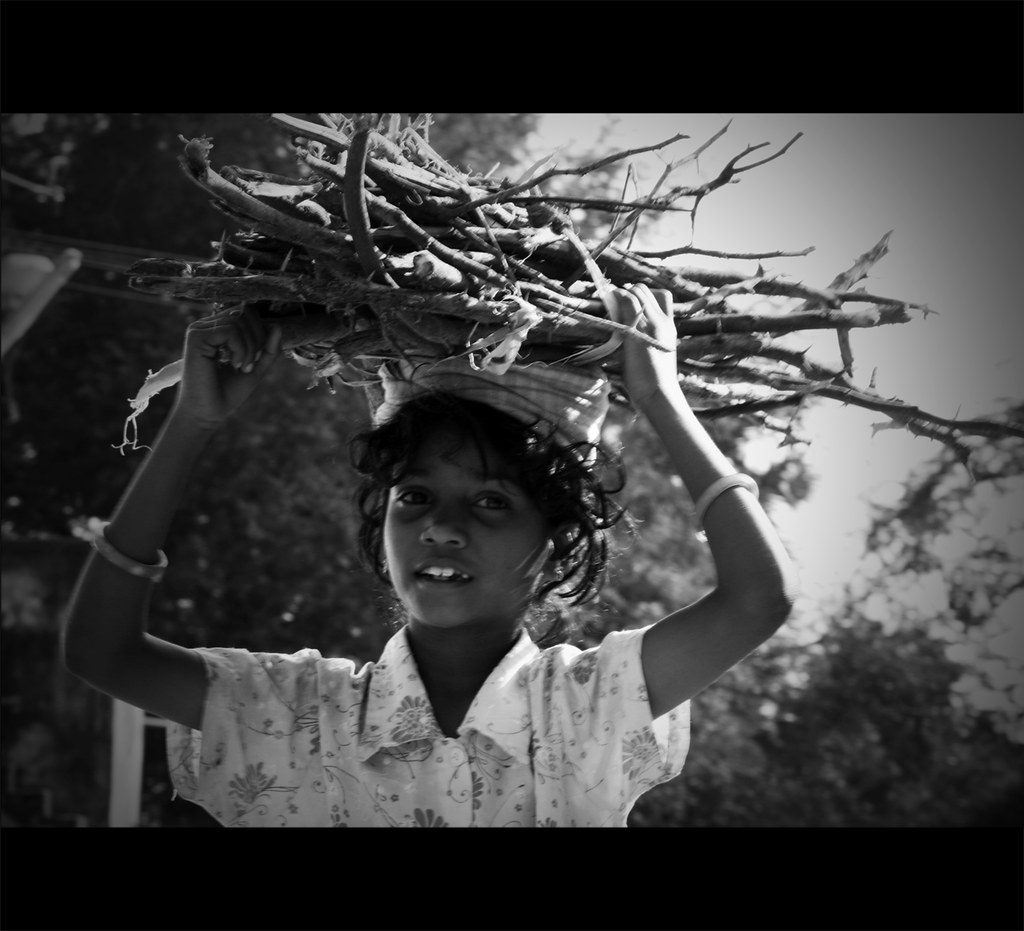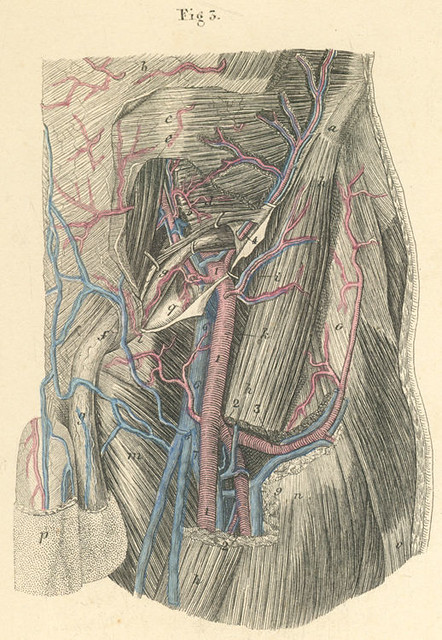My highlight, today, across four activities: many people are ready (eager, in some cases) to collaborate individually across institutional boundaries.
OE’s made of people.
Of course, OE’s all about sharing and collaboration. The shift I perceive is close to “Solution Mode”. The “How Might We…” phase during which we’re discerning some pathways to collaboration.
It’s like letting go of a burden.

“Burden of life” by VinothChandar, CC BY 2.0.
During one of these activities (might have been yesterday), @MelB mentioned a case in which puzzle pieces start falling together because of contacts between individuals. Several comments today (about platforms, recognition, even awareness of licenses and use of metadata) had to do with meaningful action which might not sound like much, in the abstract.
Some of it had to do with “going glocal”, as a global movement embedded locally.
Yesterday, during a Canadian panel, @mdiack was sharing about his MERLOT SkillsCommons H5P project, linking Baton Rouge and Dakar. This morning, @PerrineCoet facilitated a very stimulating session meant for profs in her region. @mariannedube facilitated a workshop which engaged people from different parts of Quebec. @Dominique and Marie D. Martel were able to draw inspiration from one another across Canadian provinces, beyond institutional barriers.
In other words, it now feels like we should inject blood in the interpersonal network which brings us all together.

“20-3 The blood vessels of the upper part of the thigh.” by Knowledge Collector is marked with CC PDM 1.0.